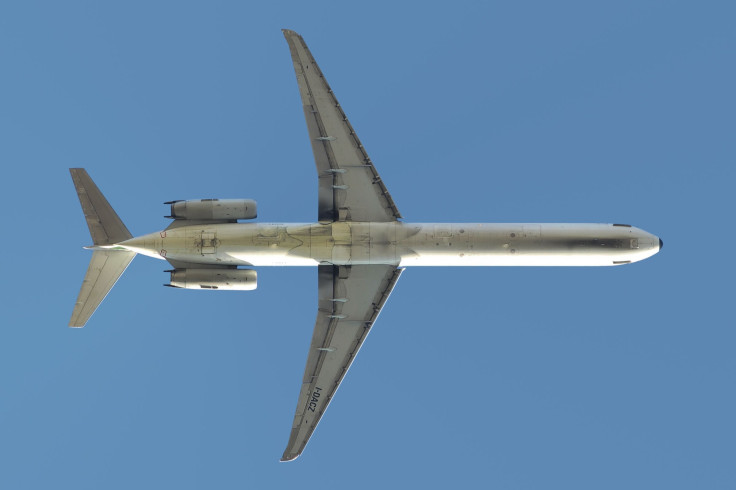Air Algérie Flight 5017 On Lease From Spanish Carrier Swiftair

The Air Algérie-operated plane that crashed in war-torn northern Mali Thursday was used by 15 different companies before being loaned to Algeria’s national carrier this month.
Flight 5017 was flown on a McDonnell Douglas MD-80 that belonged to Spanish carrier Swiftair. Like many European carriers, it often “wet leases” its aircraft to airlines around the world, giving them access to the plane, crew, insurance and maintenance for a flat fee.
“It’s pretty normal, especially now in June, July and August,” said Max Oldorf, a managing partner at ch-Aviation, an airline consulting firm.
The plane was first sold to Greek carrier Heliopolis Airlines in 1996, before going to Colombia’s Avianca, Argentina’s Austral in 2006 and finally Swiftair in December 2012. This year, it’s been leased by 15 companies, including Royal Air Maroc in February and Thomas Cook Airlines in Scandinavia in May. Between June 14 and 16 it flew for Belgian, Spanish and French operators before making its way to Air Algérie in July.
The state-owned carrier, founded in 1953 when Algeria was still a French colony, is among the largest in Africa with a fleet of 48 aircraft and total seat capacity over 7,000.
“They’re not known for being terribly awful, but they’re also not known for being especially good. They’re somewhere in the middle,” Oldorf said.
Swiftair is relatively newer, though still well-established. Founded in 1997, it has a fleet of 25 aircraft, including one Airbus A300 and seven MD-80 planes.
“The Swiftair fleet is rather old,” said Oldorf, noting that planes in the Spanish fleet are 22.8 years old on average. But he said it’s actually a good thing, since older aircraft require less upkeep than newer ones, and are typically used as standby planes -- waiting for long periods on a tarmac or in a hangar before being called into service.
But this doesn’t make its planes any more or less safe than others. The company’s IATA safety certification is still valid until February 2016.
“We didn’t receive any bad feedback about this company until today,” said Ronan Hubert of B3A Aircraft Accidents Archives, based in Switzerland. “It’s a European company, and we have severe safety restrictions.”
© Copyright IBTimes 2024. All rights reserved.





















